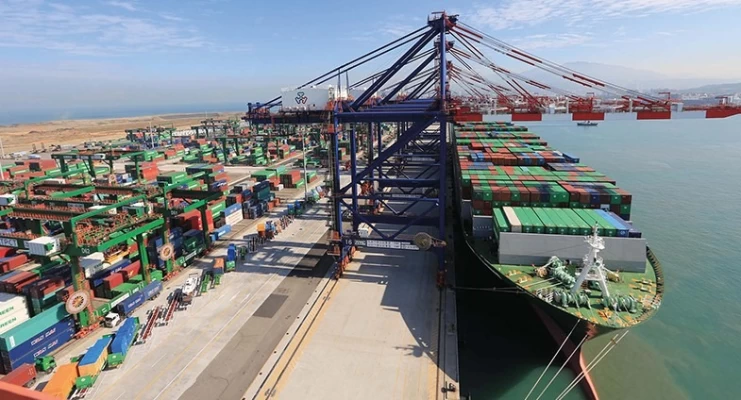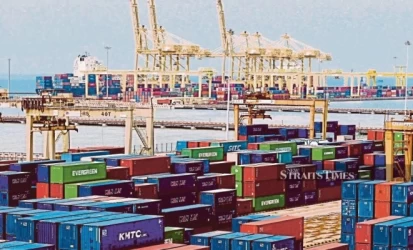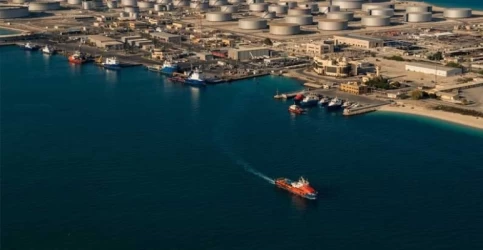Sea Freight in Taipei Port
Taipei Port, located in the northern part of Taiwan, plays a crucial role in the island’s maritime trade. As one of the key ports in Taiwan, it serves as a vital hub for sea freight, connecting Taiwan with major global markets. This article delves into the various aspects of sea freight operations at Taipei Port, highlighting its infrastructure, services, and significance in the global shipping industry.
Historical Background
Taipei Port, also known as Port of Taipei, has a rich history dating back to the early 20th century. Initially developed to support the local fishing industry, the port has undergone significant transformations over the decades. Today, it stands as a modern, well-equipped facility capable of handling a diverse range of cargoes.
Infrastructure and Facilities
Taipei Port boasts state-of-the-art infrastructure designed to facilitate efficient sea freight operations. The port is equipped with multiple berths, container terminals, and specialized facilities for handling various types of cargo. Key features include:
- Container Terminals: The port has several container terminals with advanced loading and unloading equipment, ensuring quick turnaround times for vessels.
- Warehousing: Extensive warehousing facilities are available for the storage of goods, including refrigerated warehouses for perishable items.
- Logistics Services: Comprehensive logistics services, including customs clearance, freight forwarding, and distribution, are provided to streamline the supply chain.
Sea Freight Services
Taipei Port offers a wide range of sea freight services to meet the needs of different industries. These services include:
- Container Shipping: The port handles a significant volume of containerized cargo, facilitating the import and export of goods such as electronics, machinery, and consumer products.
- Bulk Cargo: Specialized terminals are available for bulk cargo, including raw materials like coal, grain, and minerals.
- Ro-Ro Services: Roll-on/roll-off (Ro-Ro) services are provided for the transportation of vehicles and heavy machinery.
- Project Cargo: The port is equipped to handle project cargo, including oversized and heavy items that require special handling and transportation.
Economic Impact
Taipei Port plays a pivotal role in Taiwan’s economy by facilitating international trade. The port’s strategic location and efficient operations have made it a preferred choice for shipping companies and businesses. Key economic benefits include:
- Trade Facilitation: The port’s connectivity to major global markets enhances Taiwan’s trade capabilities, promoting economic growth and development.
- Job Creation: The port’s operations generate employment opportunities in various sectors, including logistics, transportation, and warehousing.
- Revenue Generation: Sea freight activities at Taipei Port contribute significantly to the government’s revenue through port fees, taxes, and other charges.
Environmental Initiatives
In recent years, Taipei Port has implemented several environmental initiatives to minimize its ecological footprint. These initiatives include:
- Green Port Certification: The port has achieved Green Port certification, demonstrating its commitment to sustainable practices.
- Emission Reduction: Measures have been taken to reduce emissions from port operations, including the use of cleaner fuels and energy-efficient equipment.
- Waste Management: Comprehensive waste management systems are in place to handle and recycle waste generated by port activities.
Challenges and Future Prospects
Despite its many strengths, Taipei Port faces several challenges, including competition from other regional ports and the need to continuously upgrade its infrastructure. However, the port’s management is proactive in addressing these challenges and has outlined several future prospects:
- Infrastructure Upgrades: Plans are in place to expand and modernize the port’s facilities to accommodate larger vessels and increased cargo volumes.
- Digitalization: The port is investing in digital technologies to enhance operational efficiency and provide real-time tracking and monitoring of cargo.
- Sustainability: Ongoing efforts to implement sustainable practices will ensure the port’s long-term viability and environmental responsibility.
Conclusion
Taipei Port stands as a testament to Taiwan’s maritime prowess and its strategic importance in global trade. With its modern infrastructure, comprehensive services, and commitment to sustainability, the port is well-positioned to continue playing a vital role in the sea freight industry. As it navigates future challenges and opportunities, Taipei Port remains a key driver of economic growth and a gateway to international markets.
if you have a specific question or need more details about Taipei Port, Iran's logistics experts are your answer!











